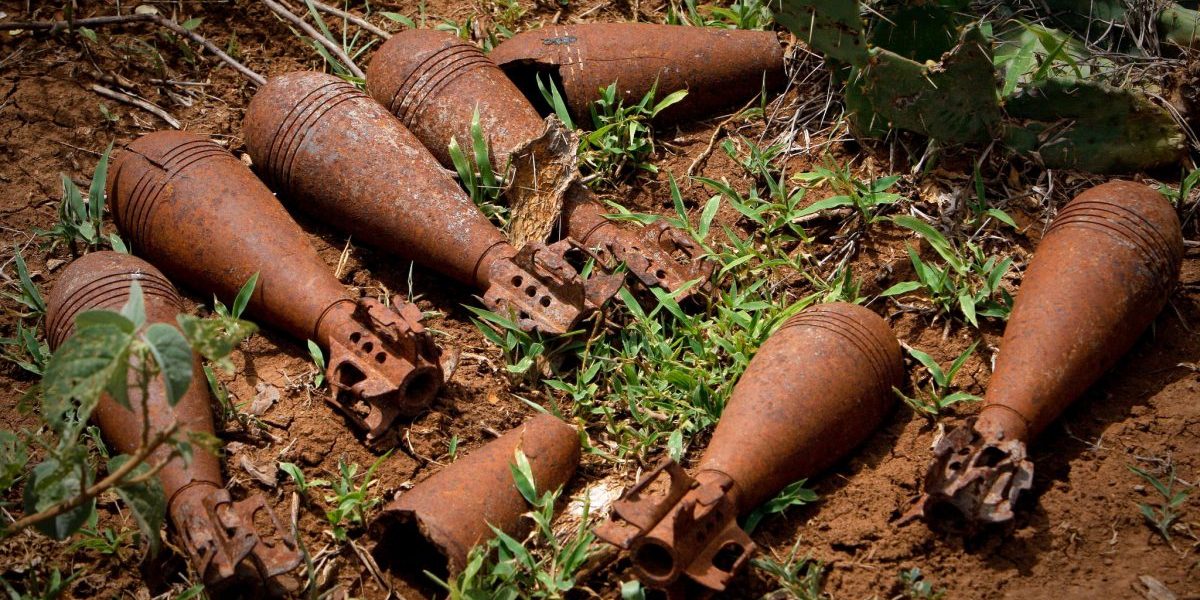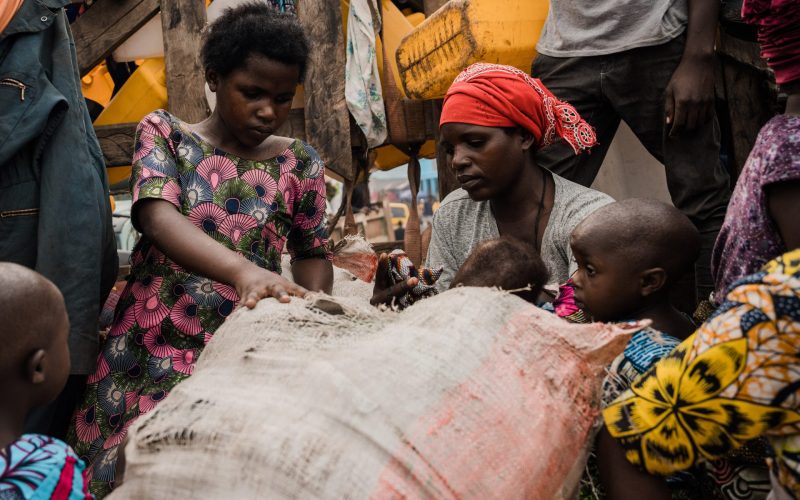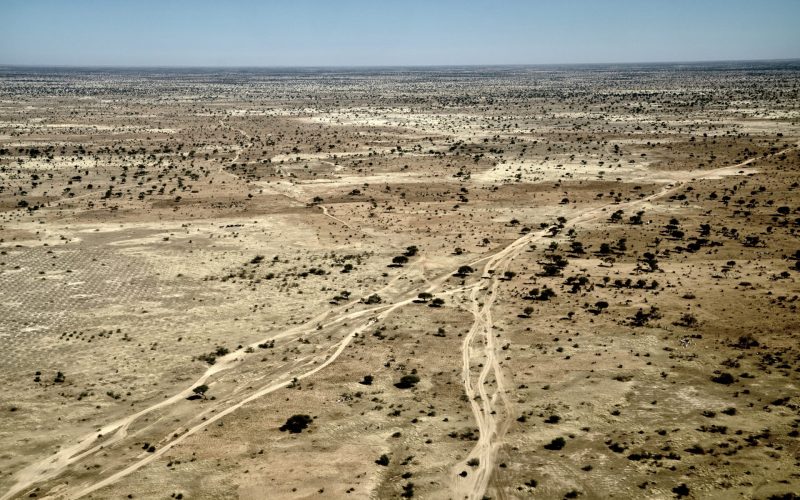The “elimination” of Abu Musab al-Zarqawi, the fierce and elusive leader of al-Qaeda in Iraq, by US forces last week provides the best opportunity yet to examine possible answers to that question.
Daily bombings across Iraq since al-Zarqawi’s death are not encouraging. Neither is the announcement of a successor posted on Monday night on the jihadi website, al-Hesba, by the Council of Freedom Fighters, an insurgency umbrella group — or front — to which al-Zarqawi’s al-Qaeda in Mesopotamia was allied.
US President George Bush told a special cabinet war meeting at Camp David, the White House retreat, that al-Zarqawi’s death “was not going to end the war”. The sobriety is a welcome sign the administration is resisting the temptation to overplay the hit or exploit it for political expediency at a time of waning public faith in Bush’s handling of the war in Iraq.
Al-Zarqawi’s death therefore invites important strategic questions. What effect might it have on the insurgency in Iraq? Will it create vital political space just when the fragile new democratic government is taking hold? How does it comment on a strategy of countering terrorism by killing or capturing key individuals?
Bush has quickly trained his sights on al-Zarqawi’s replacement. But policies based on cutting off the head to kill the snake have yielded mixed results historically. The assassination of Angolan guerrilla leader Jonas Savimbi four years ago effectively spelled the end of Unita’s long bush war against the government. In Iraq, however, capturing ousted tyrant Saddam Hussein and killing his two reviled sons did little to stanch the violence. On the contrary, it may have hastened the insurgency that grew in the wake of those events.
Similarly, the violent US manhunt for Somali warlord Mohammad Farah Aidid through the labyrinthine streets of Mogadishu 14 years ago ended in failure and the ultimate retreat of American troops.
In the death of “the most wanted terrorist in Iraq”, Bush said last week, “the ideology of terror has lost one of its most visible and aggressive leaders. Al-Zarqawi’s death is a severe blow to al-Qaeda. It’s a victory in the global war on terror, and it is an opportunity for Iraq’s new government to turn the tide of this struggle.”
That sounds a lot like what Walt Rostow, adviser to president Lyndon Johnson, told his boss upon the death of another elusive fighter almost 40 years ago: Che Guevara’s death, Rostow wrote, “marks the passing of another of the aggressive, romantic revolutionaries … It will have a strong impact on discouraging would-be guerrillas.”
In the short term, Che’s death threw the Bolivian guerrilla movement into disarray. But its longer-term effect continues to be debated.
In the immediate wake of Che’s demise, however, Thomas Hughes, a US intelligence researcher, identified two instructive potential outcomes in a memo to then secretary of state Dean Rusk. One, “Guevara will be eulogised as the model revolutionary who met a heroic death”. Two, it would throw doubt on the efficacy of externally driven insurgencies.
That is bad news and good news for the US experiment in Iraq. Al-Zarqawi is certain to be lionised. In death he has gained martyrdom, a coveted status among jihadis. In life, meanwhile, he set a singular example of defiance. While Bin Laden has been confined to a hermetic existence somewhere in the mountainous border regions between Pakistan and Afghanistan, al-Zarqawi engaged his enemies in the streets and trenches of Iraq. He not only planned, but in many cases carried out, his nefarious deeds, beheading western captives, bombing Shiite neighbourhoods and sending countless young men to their deaths in suicide attacks.
His campaign of terror and violence succeeded in its design of bringing Iraq to the brink of sectarian civil war, and his near-mythic battle exploits are likely to rouse the romantic impulse of disillusioned and angry young men across the Arab world to take up his sword.
But replacing al-Zarqawi will not be easy. The guerrilla factions sowing violence in the streets of Iraq are by no means united in either tactics or purpose. Some, like al-Zarqawi, are Islamists, others are nationalists. The insurgency will continue, but like the broader phenomenon of global transnational terrorism, it is likely to become ever more diffuse.
There are indications, too, that Iraqis are increasingly wary of external influence. Al-Zarqawi, a Jordanian, was reportedly under pressure to cede more control to his local counterparts. If true, his named successor, an unknown man named Abu Hamza al-Muhajir, does not appear to resolve this conflict. “Muhajir” means “immigrant” in Arabic, and usually refers to a jihadi fighting outside his own country and may, in this case, be a pseudonym for Abu al-Masri, an Egyptian ally of Bin Laden.
Even if the vacuum left by al-Zarqawi’s death has been quickly filled, succession takes time to take effect. This creates important short-term opportunities to further weaken the insurgency to enable the new government to take root. Five things are required. First, exploit any divisions within the insurgency before new loyalties harden. Finding al-Zarqawi required inside information on his whereabouts. Such intelligence should be cultivated.
Second, encourage the new government to ensure all oil revenues remain national rather than regional assets to assuage Sunni concerns of sectarian control of resources.
Third, the US must resist the temptation to hand over security operations too quickly to inexperienced or biased Iraqi forces in order to withdraw US troops ahead of the November mid-term congressional polls.
Fourth, donor states should provide sufficient reconstruction funds to offset regional influences — most specifically from Iran — that threaten to deepen sectarianism.
Fifth, and finally, the battle for Iraq must be waged in the broader context of addressing the deep suspicions and economic frustrations felt across the Arab world.
This requires, most immediately, that Washington deal transparently, consistently, and simultaneously with multiple crises from Somalia to Syria. The offer to engage Iran was a constructive step. Funding anti-Islamist warlords in Mogadishu and failing to intervene vigorously to halt the deterioration of security between Israel and Palestine are not.








